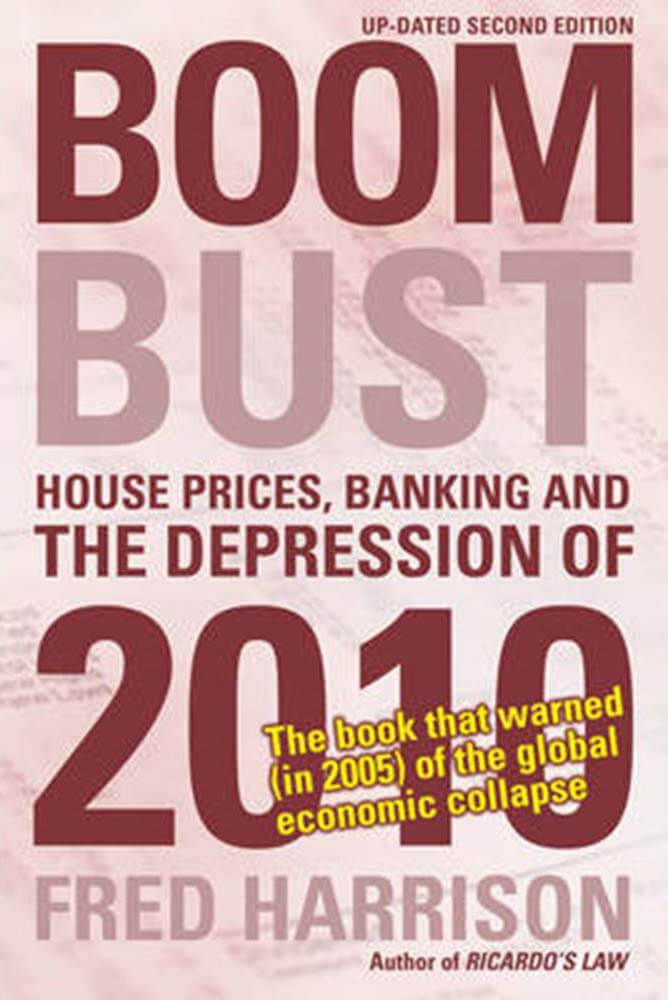‘Let’s seize this moment to raise a cry for that greater vision — of an economy that lifts us all towards a future worth fighting for.’ From avaaz.org.
Avaaz.org is an online, global community of people that is dedicated to moving the world’s economy forward with their ‘Jobs and Justice’ campaign. In the second week in December, Gordon Brown will meet with French President Nicolas Sarkozy, the new G20 chairman and urge him to launch a campaign for global job creation. The avaaz.og site has a special message from the former UK Prime Minister.
Many governments are responding to the global recession by cutting public services, thus putting more people out of work and increasing poverty. This method was already tested during the Great Depression and it only deepened the economic crises. This is the right time for a ‘bold, history-making idea’ on a global scale.
When New Labour came to power in 1997 they were pledged to cut poverty, yet during the 13 years of Labour government the gap between rich and poor in the UK continued to widen (this was not unique to Britain). When they came to power in 1997 Blair and Brown were warned that unless they made certain fiscal reforms there would be another property crash towards the end of 2007, just as there had been under Nigel Lawson at the end of 1989. As late as his budget speech in April 2007 Brown was repeating ‘we will never return to the old boom and bust’.
We draw attention to this not to denigrate Brown – we believe he sincerely wants to cut poverty. The problem for him and us is that he does not know how. He had 13 years in government and failed in his objective so why should he now be able to unless he changes his approach. As Albert Einstein put it: ‘The world cannot get out of the current crisis with the same thinking that got it there in the first place’. Brown bears some responsibility for the mess the world is in now so he is not going to get us out of it unless he changes his approach. Although it is not easy for any of us to change our minds we believe it is possible, but it is going to require a reform of the order of the abolition of slavery.
Poverty is caused by a flaw in the free market economic system and poverty will never be abolished until we face up to what is causing it. Just as slavery was regarded as part of the natural order, so we regard private property in land as part of the natural order. Let us explain what we mean.
When we buy a house it is made up of two components, the bricks and mortar and the land on which the building is situated. The building is the product of labour and rightfully is the property of the builder, but the land was not made by him. It is the free gift of nature, not to the ‘owner’ of the site, but to humanity, and not just this generation. Our legal system and economic theory do not distinguish these two distinct and very different elements.
To illustrate why the difference matters, take the slogan Oxfam have used for many years:
‘Give a man a fish and you feed him for a day
Teach him to fish and you feed him for life’ (this could be equated with Brown’s job creation mission)
The relevance of the land issue is this: if the fisherman, having learnt his trade, goes off to fish he will find a sign up on the riverbank saying ‘private property’. So he will have to pay the landowner a fee before he can exercise his newfound skill, but the owner did not create the river, the fish or the riverbank, so what right has he to demand a part of the catch? His right to do this is granted by our legal system thereby creating a privileged class of people who can charge rent for allowing access to ‘their’ land. The extension of the right of private property to the free gift of nature is the major flaw in our legal and economic system and divides humanity into the haves and have-nots. In most countries around the world some 5-10% of the population own 70-80% of the land. By collecting the rent, landowners enjoy an unearned income and grow richer and richer while those without land struggle to earn a living.
As John Kay put it recently in the Financial Times
‘You can become wealthy by creating wealth or by appropriating the wealth created by other people. When the appropriation of the wealth is illegal it is called theft or fraud. When it is legal economists call it rent-seeking.’
Henry George in his famous book Progress and Poverty showed how the rent-seeking power of landowners could be removed through a tax reform that would have many other benefits as well. No one would be deprived of their land, but they would lose the power to make others pay for the privilege of using what nature has granted free to all of us.
As we said, this is a reform comparable to the abolition of slavery. Its opponents will argue, just as vociferously as the slave owners did, that it will destroy the economy. On the contrary it will free the economy of an enormous burden and the consequent prosperity would be much more evenly distributed.
Brown may not be aware that the second Labour government under Ramsay MacDonald actually included the reform in Philip Snowden’s 1931 budget. Among the many other champions of this reform were Campbell Bannerman, Herbert Henry Asquith, Lloyd George, Winston Churchill and Albert Einstein. Were Brown to take up this crusade and succeed, he might go down in history as another Wilberforce.
Most of what is written above has been learnt from various authors that we have published over the last 25 years. Attached are some links to books that give further explanation of this reform.







